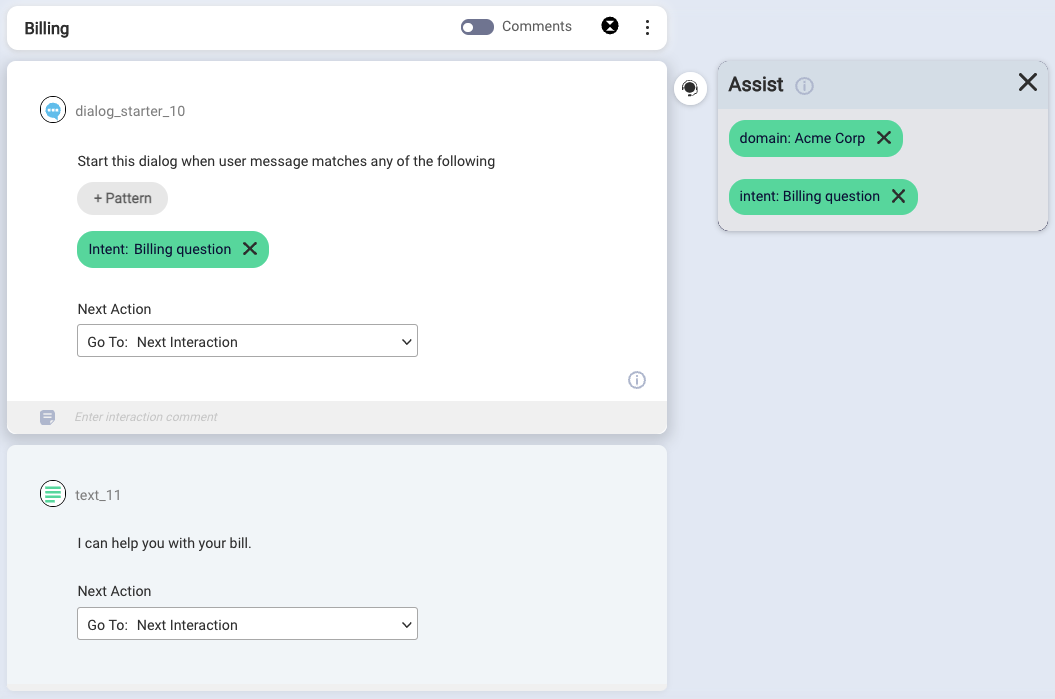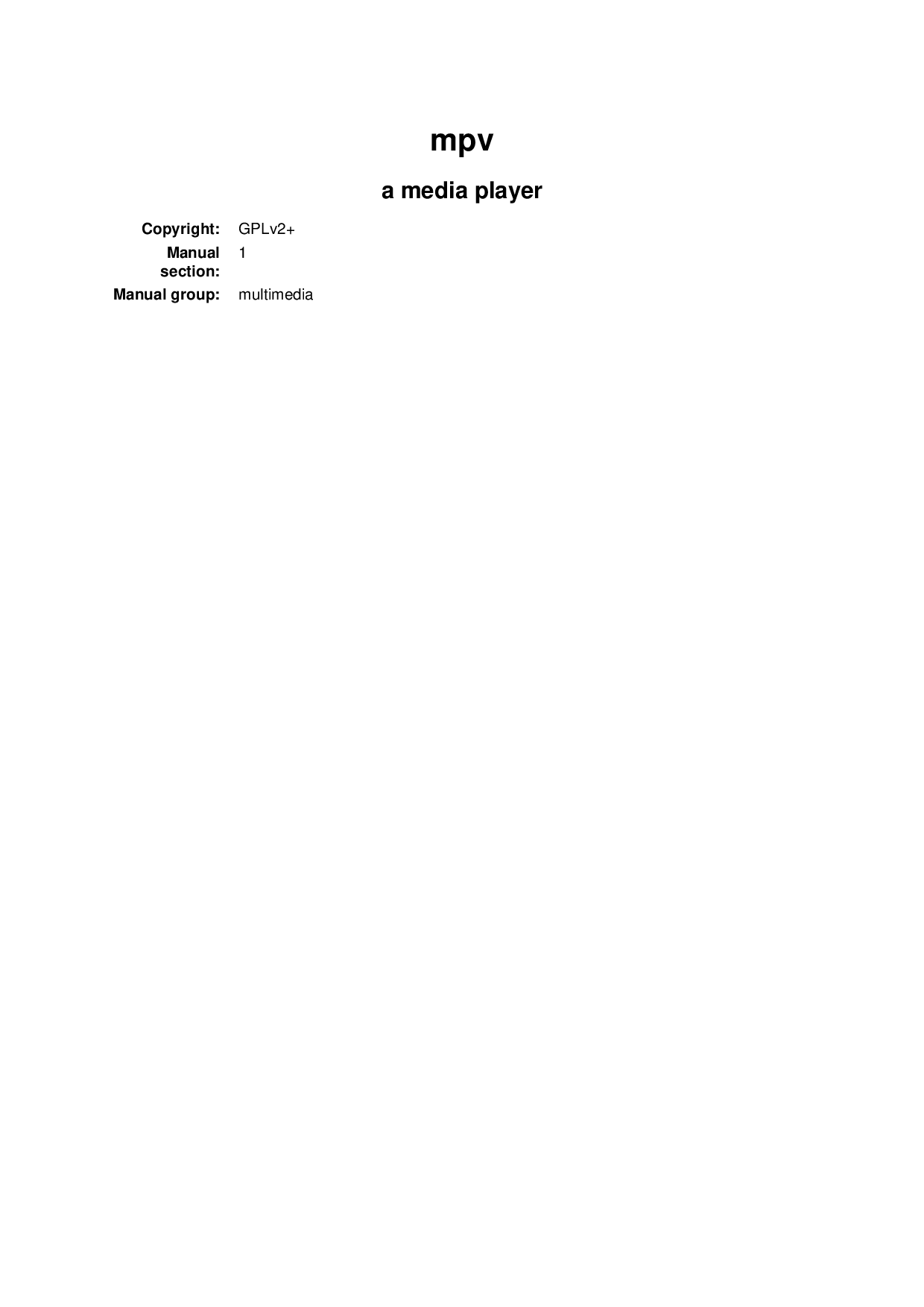

30 - Item states have been restored from persistence service, where applicable. 20 - Model entities (items, things, links, persist config ) have been loaded, both from db as well as files. 10 - OSGi application start level has been reached, i. Here is the syntax for all these cases (parts in square brackets are optional):Ġ0 - OSGi framework has been started.

You can decide whether you want to catch only a specific command/status or any. You can listen to commands for a specific item, on status updates or on status changes (an update might leave the status unchanged). Here are the details for each category: # Event-based Triggers Thing-based triggers: They react on thing status, i.e.System-based triggers: They react on certain system statuses.Time-based triggers: They react at special times, e.g.Member of(-Event)-based triggers: They react on events on the openHAB event bus for Items that are a member of the supplied Group.Item(-Event)-based triggers: They react on events on the openHAB event bus, i.e.There are different categories of rule triggers: - Contains the logic that should be executed when a trigger condition is met, see the script section for details on its syntax.īefore a rule starts working, it has to be triggered.Please see below for different possible triggers. Multiple conditions are separated by the keyword or. A rule is executed in reaction to one or more trigger conditions. - The triggering event upon which the rule logic is executed.It is recommended that you choose a name that has meaning when spoken. - Each rule must have a unique name (given within quotes).

This makes the creation of rules very easy!Ĭheck out the editors page for more information and additional editor possibilities. It includes syntax checks and coloring, validation with error markers, content assist (Ctrl+Space) incl. The openHAB VS Code Extension offers support for rules building. In our example we will catch the openHAB Startup to initialize our environment.Ĭlick on Add Action and choose Run Script.Ĭhoose Rule DSL and enter a rule like it is described below in this article. You can find the editor browsing to Settings -> Rules.Ĭlick on the + icon to add a rule and define a name and a trigger. Rules can be created and edited with in the UI. It therefore makes sense to have different rule files for different use-cases or categories. they can access and exchange variables with each other. The demo setup (opens new window) already comes with a demo file called les (opens new window), which has a couple of examples that can be a good starting point.Īll rules of a file share a common execution context, i.e. Rules are placed in the folder $OPENHAB_CONF/rules.


 0 kommentar(er)
0 kommentar(er)
